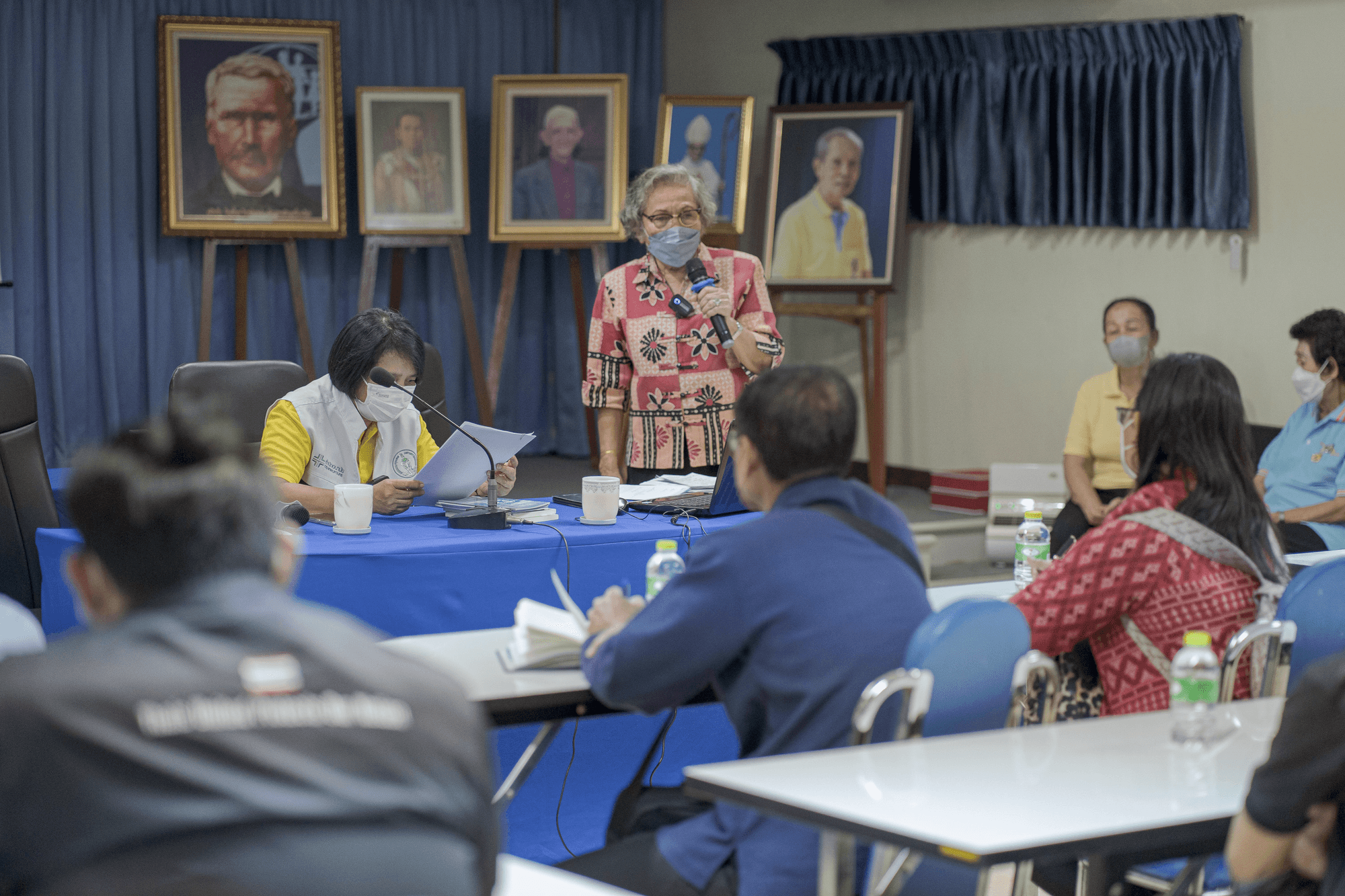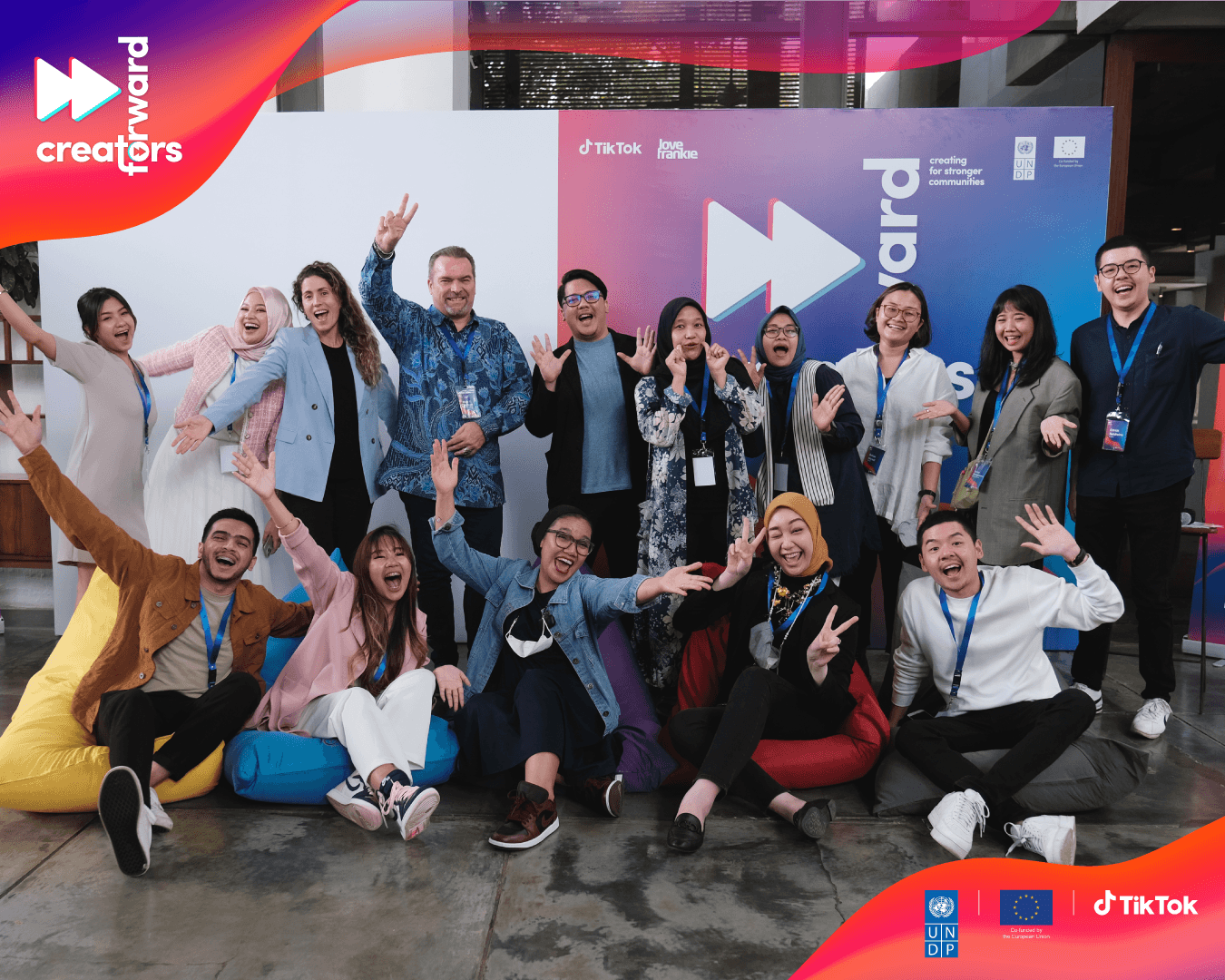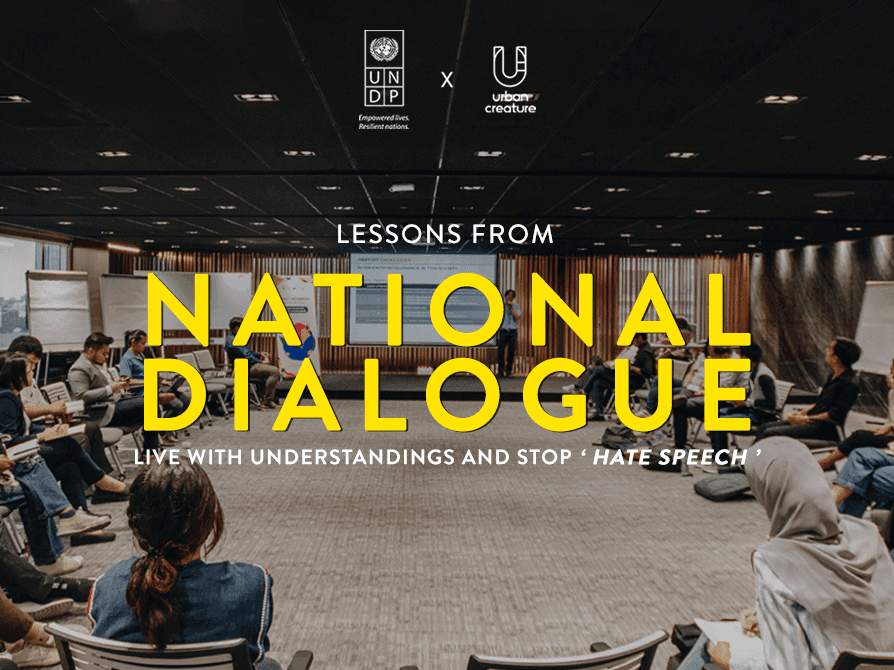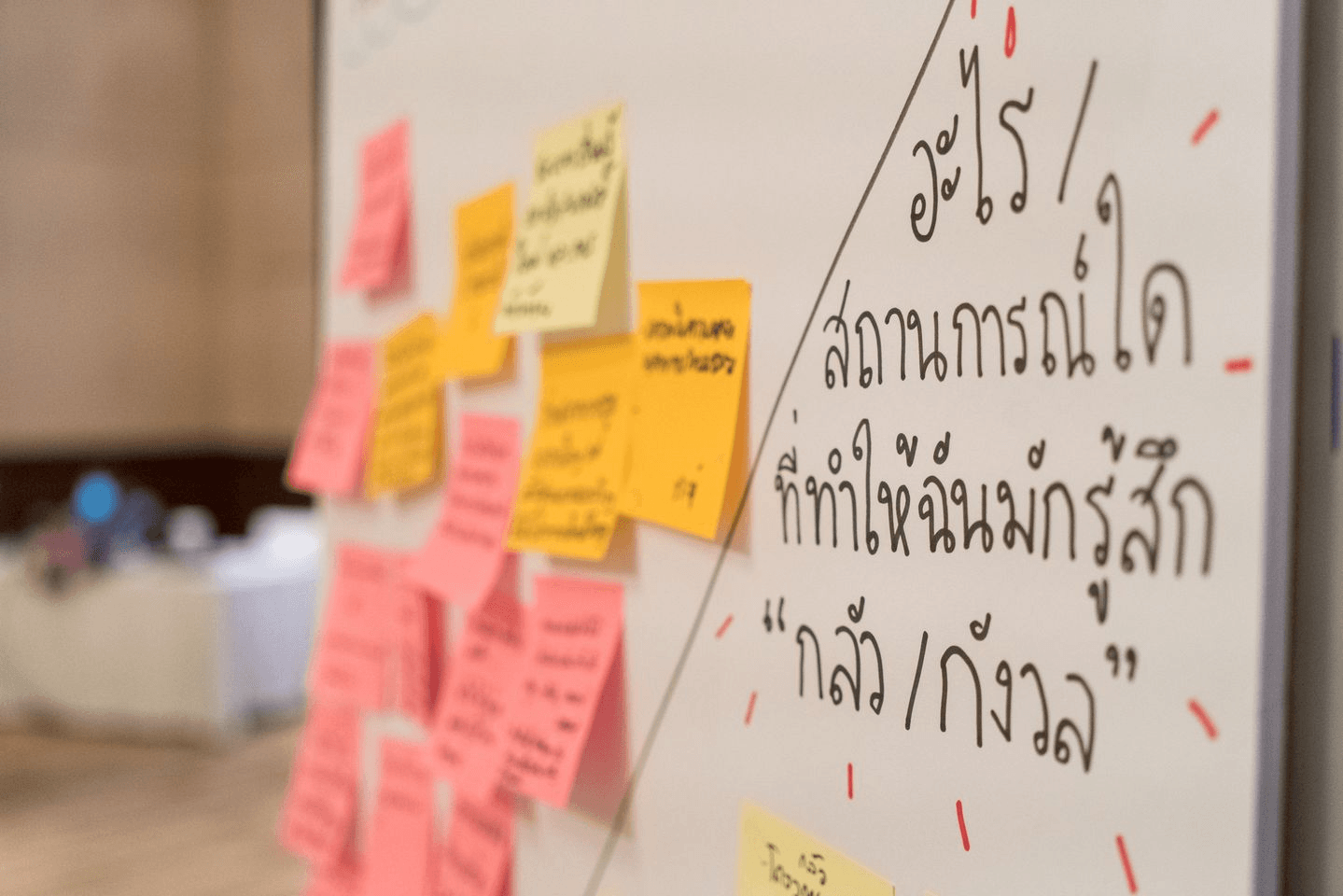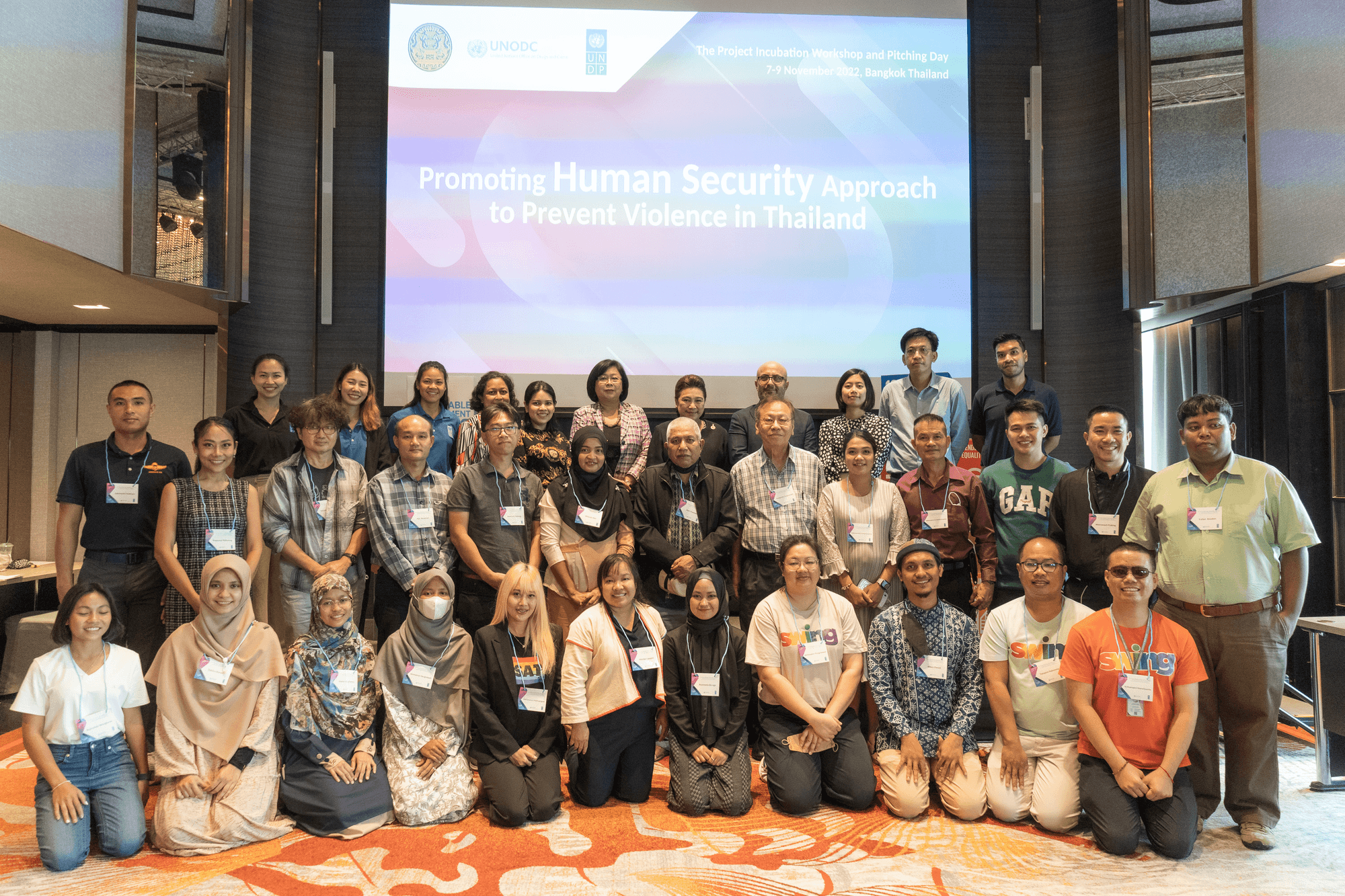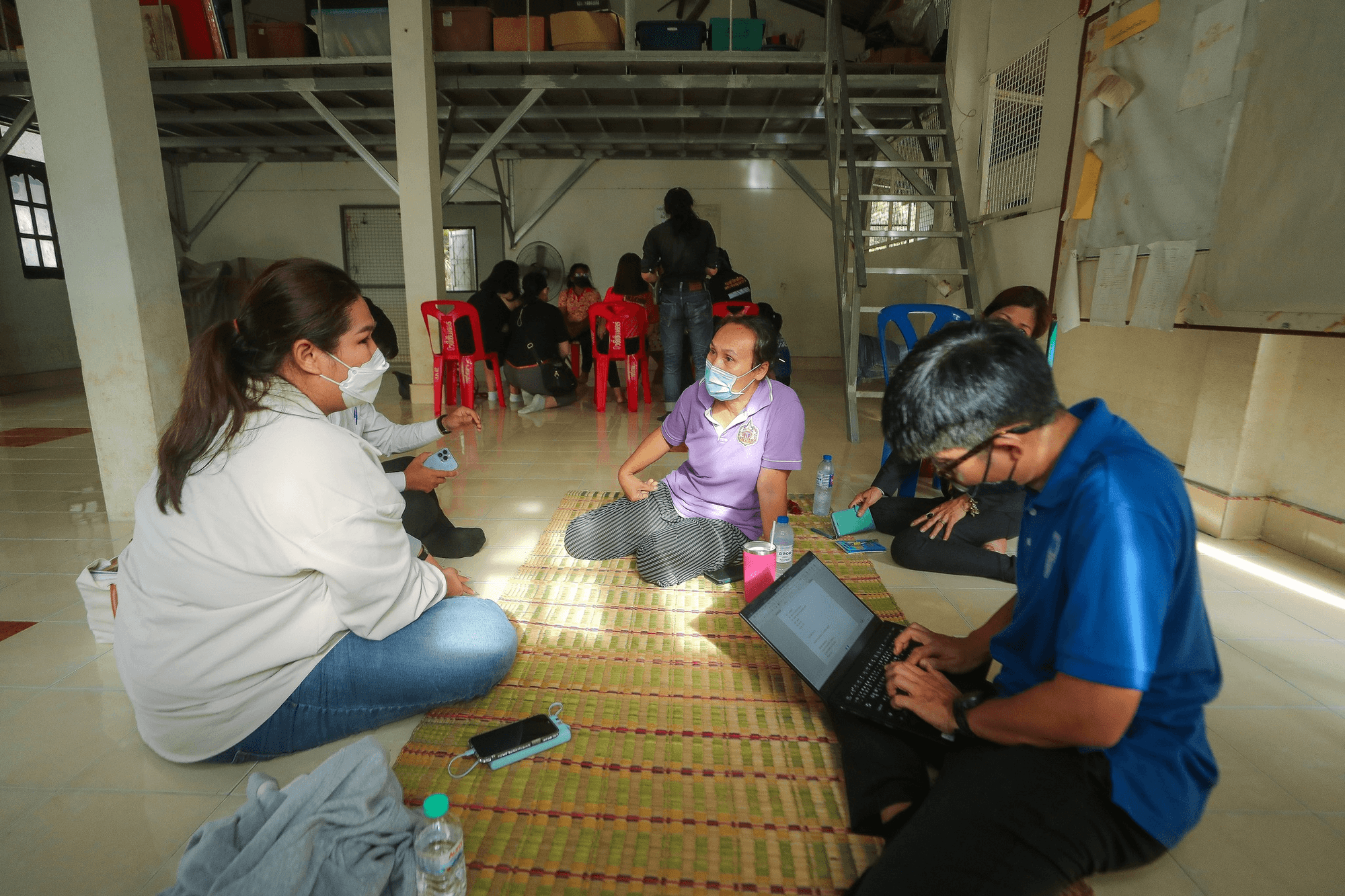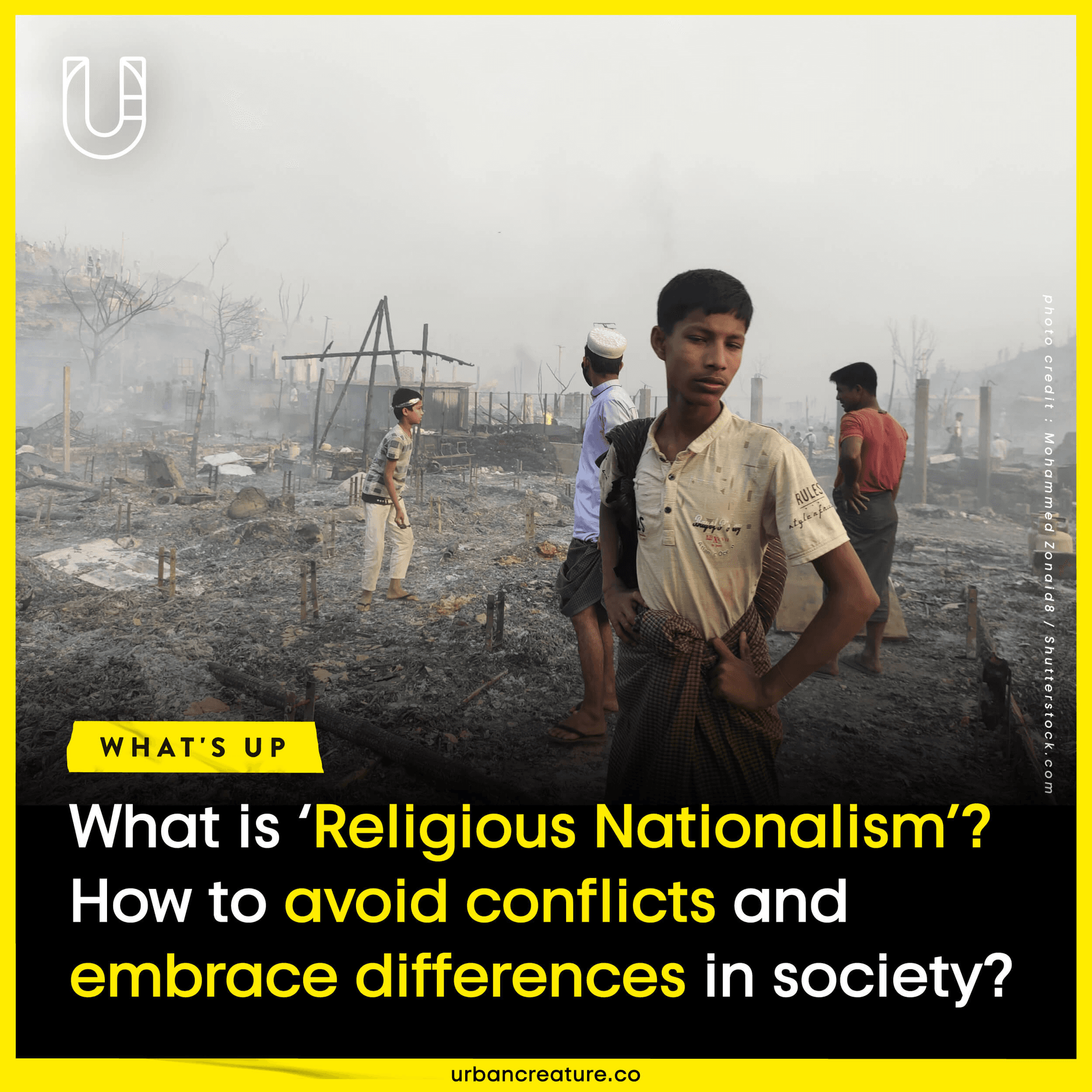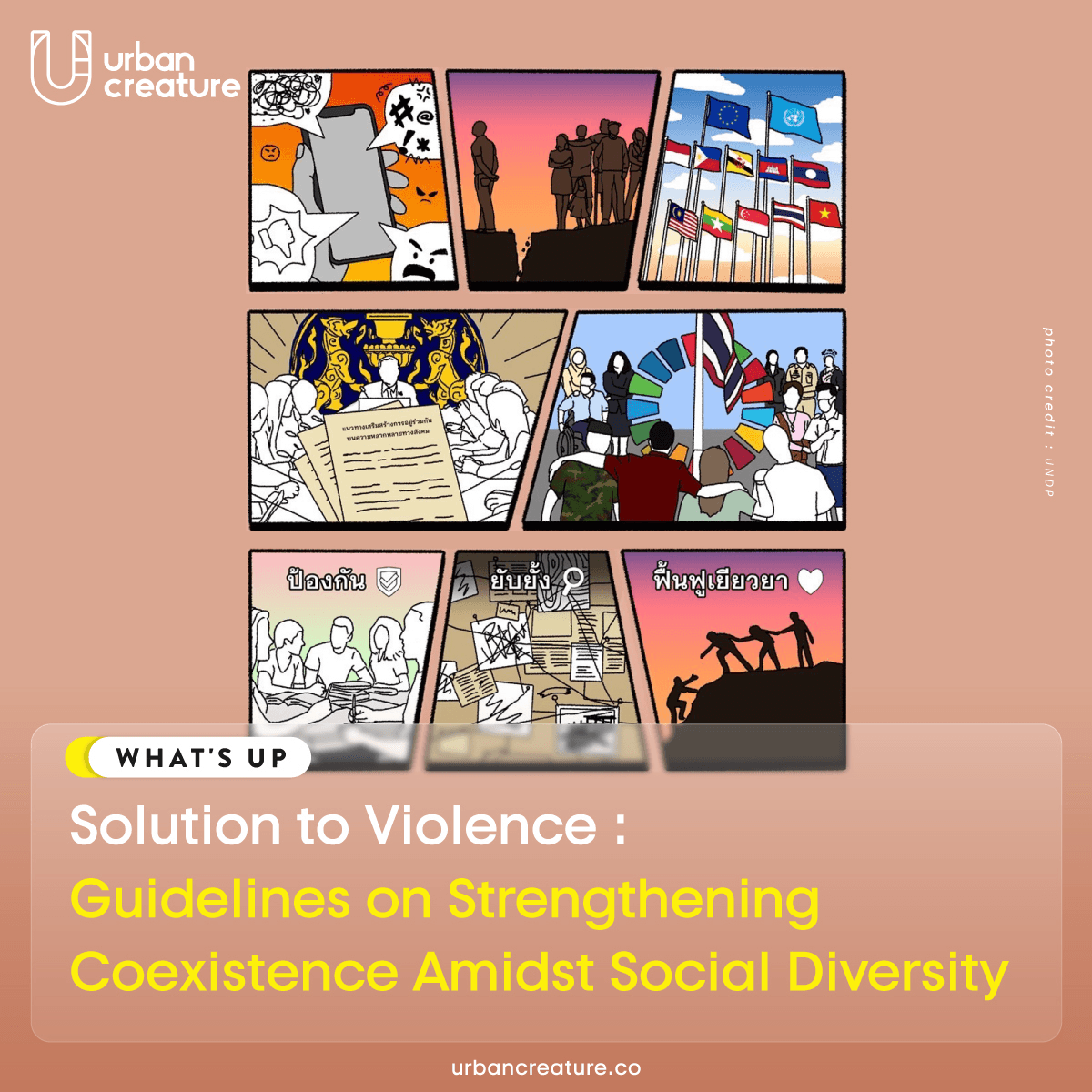Why polarization matters and we should stop it before it’s too late
In a democratic society, everyone can think differently and argue with respect. An exchange of ideas and arguments can lead to the creation of new knowledge, understanding, and consensus on a solution for society. However, when groups with extreme ideologies emerge and people become too divided to discuss, respect, or tolerate different opinions, “polarization” rises. It is the dangerous sign that demands our attention.
When conversations in the group turn into an echo chamber, where we only hear confirmation of our own beliefs without exposure to differing opinions, we may become apathetic towards the truthfulness of what is being exchanged online. This can lead to hate speech and even physical violence against those with contrasting views in the real world. This is a clear sign of polarization.
Polarization arises from a variety of issues rooted in extremely radical beliefs. For instance, Neo-Nazis who propagate the idea of ethnic superiority of white race. Their hatred not only remains confined to verbal abuse in an online space but has developed into a real-world violence. In 2020, German police raided 13 locations in six states and found evidence of terrorist networks. In 2021, Neo-Nazis and right-wing extremists reportedly carried out 1,042 violent attacks, injuring at least 590 people.
In the case of Thailand, polarization has been evident since the phenomenon 'Color Politics', which is the political expression of the people between 'Yellow Shirts' and 'Red Shirts'. People hated and refused to listen to opposing views. Differences in political ideology create divisions starting in a small unit like a family to as big as a community. There were also clashes between citizens and government officials. Such political tensions form the basis of the ongoing conflict between the right and left wings today.
There are also cases of polarization in other areas. One of the prominent examples is the decision to wear or not to wear a face mask during an epidemic. Despite scientific evidence that proves surgical masks’ effectiveness in reducing transmission rates in the United States, the decision to wear or not to wear a face mask is a topic that has been increasingly polarized. As the government has issued an order to wear a mask, anti-government groups view such mandate as an insult and restriction on individual freedom. When a public health issue becomes politicized, policies for the safety of society suffer and cannot operate with full efficiency.
Before polarization occurs, there are patterns of online behaviors that lead us to that point, such as unfollowing dissenting people and censoring their political opinions, making us see only those who share the same views. The explicit belief that our ideas and those of our group are true can prevent us from considering diverse and different perspectives that may be supported by evidence or rationale. UNDP Oslo Governance Center (OGC) report suggests that highly polarized communities have a higher distribution of data pollution. Simply put, the more polarized a society becomes, the more information pollution is distributed and circulated online, making it difficult for people to reconcile and have meaningful conversations with one another.
Polarization erodes diversity in society by creating an atmosphere that forces people to pick a side. When polarization becomes extreme, it undermines the democratic society due to the absence of competition, negotiation, and compromise between different ideologies. A team of researchers from Arizona State University, USA, identifies three key mechanisms for avoiding polarization: (1) increasing tolerance towards a wider range of opinions, (2) curtailing the influence of extremist groups, and (3) incentivizing non-extremist policies that align with individuals’ self-interests.
It is important to recognize polarization and comprehend its impacts. It is essential to regularly examine ourselves to see whether we hold extreme ideologies that might lead to polarization and work together to prevent the escalation of beliefs into extreme conflicts violence and trauma. By doing so we can continue to coexist in society and cooperate for the greater good.
Sources:
Brookings | bit.ly/3ZNztbl
Bundesamt für Verfassungsschutz | bit.ly/3SQWPuF
DW | bit.ly/3ZMC8lW
King Prajadhipok's Institute | bit.ly/3ZpYoCf
PNAS | bit.ly/3L1CXTu, bit.ly/3SViWQr
SAGE journals | bit.ly/3muuKxc
Self-censorship, Polarization, and the ‘Spiral of Silence’ on Social Media | bit.ly/3kLxW7b
UNDP (Page 31) | bit.ly/41R6hlB

